The 49p tinned food that can boost your brain, bone and heart health
As new research reveals more health benefits of chickpeas, we explain why these and other pulses are great for you and your wallet.
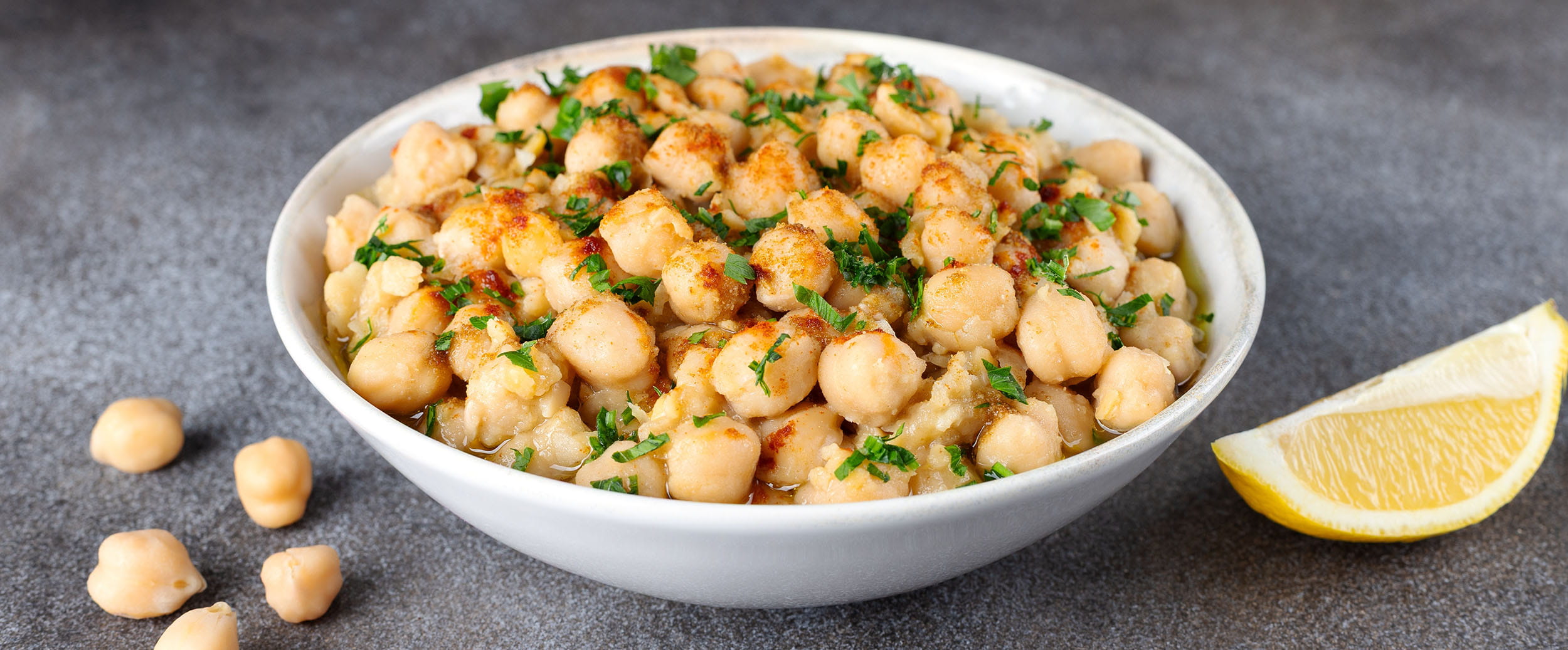
As new research reveals more health benefits of chickpeas, we explain why these and other pulses are great for you and your wallet.

Chickpeas are often relegated to the back of our kitchen store cupboards, but these humble pulses are true health heroes.
New research by the Illinois Institute of Technology has just revealed that eating chickpeas could significantly lower our cholesterol levels.
The study, which involved 72 participants with pre-diabetes, monitored the effects of daily chickpea over 12 weeks. The findings revealed that those who consumed a daily serving of chickpeas (approximately 160g cooked weight), experienced improved cholesterol levels.
But chickpeas don't just help reduce cholesterol, they are high in vitamins A, E and C and other nutrients including iron and magnesium.
Chickpeas are good for your wallet too, a tin from Tesco will set you back just 49p.
Available to buy in tins or dried in packets, they are easy to incorporate into your diet. Try adding them to stews, pasta and salads or whiz them up with tahini, olive oil and lemon juice to create a delicious, creamy hummus dip.
Indika Edirisinghe, a nutritionist involved in the study said: “Just adding one cup of beans a day can make some big differences.”
He said he likes to have his beans for breakfast — chickpeas with coconut. “You can add a little salt and pepper and it’s really good,” he added.
Foods with a lot of vitamin K, such as leafy green vegetables, chickpeas and liver, can interfere with how anti-coagulants like Warfarin work.
For more information, check the NHS website.

Chickpeas aren't the only pulses that are packed with health benefits.
The same new study also found that black beans can help reduce inflammation in those eating a daily serving of 170g of cooked beans.
Shireen Kassam is a visiting professor in plant-based nutrition at the University of Winchester and explained that pulses have multiple health benefits.
“Pulses are a great addition to the diet,” Kassam explained. “Not only are they associated with a lower risk of heart disease, type 2 diabetes, and a healthier weight, but they have also shown to improve both health span and lifespan.
“The majority of people are not eating nearly enough to reap the benefits, yet they can be incorporated into all traditional and cultural diet patterns."
Other pulses include broad beans, kidney beans, haricot beans, black-eyed peas, yellow and green split peas, marrowfat peas, brown lentils, green lentils, split red lentils.
Researchers from Aarhus University in Denmark have looked at how rising food costs are impacting on the types of food we choose to buy.
They found that almost 40% of people are buying less red meat now and a third of Europeans are also cutting back on how regularly they buy fish and poultry too.
If you’re considering cutting back, pulses are a great substitute.
Pulse crops have a lower carbon footprint than most foods because they require a smaller amount of fertiliser to grow.
They also have a lower water footprint as they can adapt to semi-arid conditions and tolerate drought stress.
Pulses are easy to store, inexpensive, highly nutritious, and have the ability to enhance the soil microbiome. This has been key in improving farming techniques in low-income rural areas.
“The Indian diet is based on pulses as they are nutritious and affordable,” explains Vandana Shiva, an ecologist and food rights activist.
“They also have a wider environmental benefit; the harvesting of pulses leaves behind nitrogen-rich crop residues that help maintain and increase soil fertility – a far more sustainable process than using synthetic fertilisers."
Hero Image credit: Shutterstock


Get 3 months free, plus a £125 Totally Rewards Wellness Gift Card when you start a new policy by the end of 19 February 2026. T&Cs apply.
Underwritten by Bupa Insurance Limited.

Your chance to explore Ireland on board Spirit of Discovery on a cruise worth £4,317pp.

Expert nutritionists break down the most important foods to eat in each decade as we get older.

We reveal the 7 best tinned foods to supercharge your health while saving you time and money.

From ketchup to mayo – how healthy are your sauces? We find out the pitfalls and surprising benefits of our favourite condiments.

Could honey be the sweetest way to supercharge your health this year? Our experts explain the benefits and which to buy.
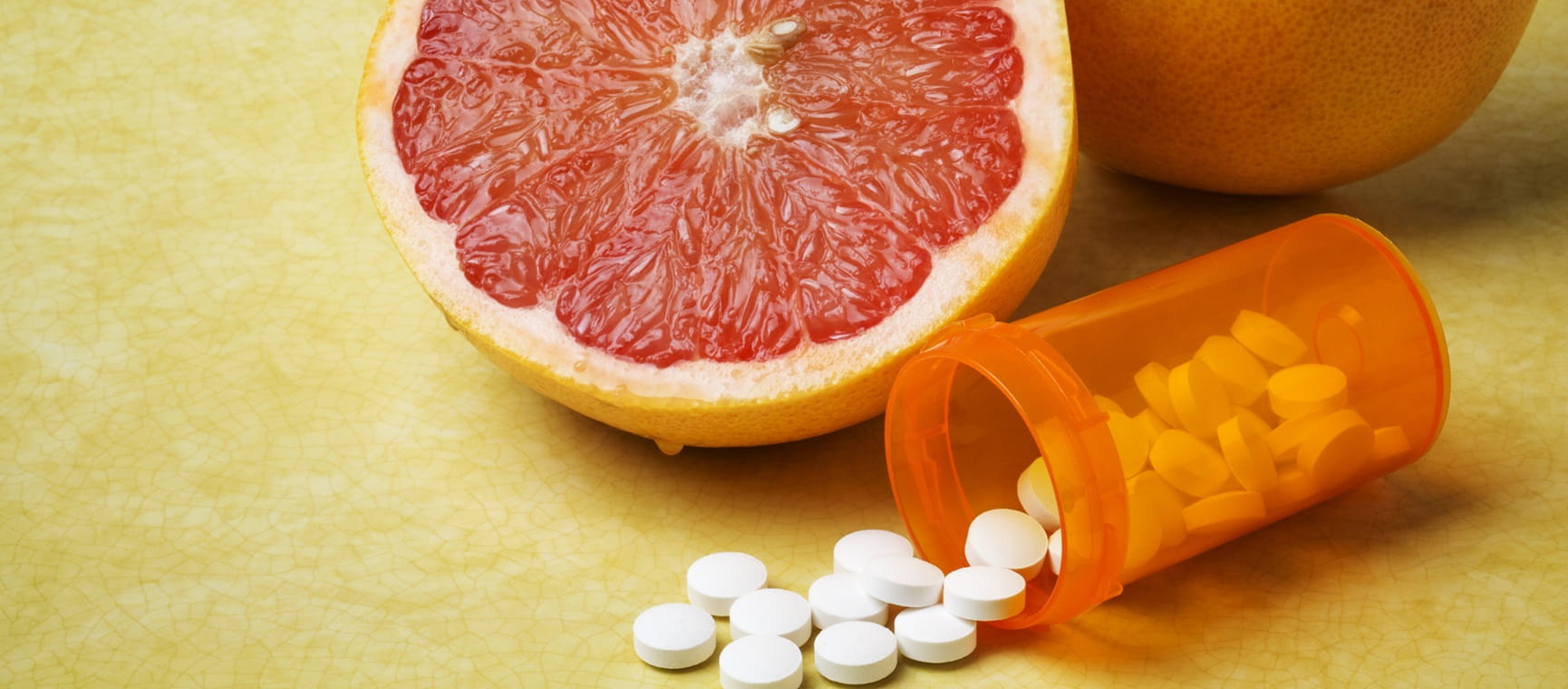
Our expert guide to the common foods you shouldn't mix with prescription drugs.

Experts reveal whether chilled supermarket soups are worth the extra cost and if some flavours are better for you than others.
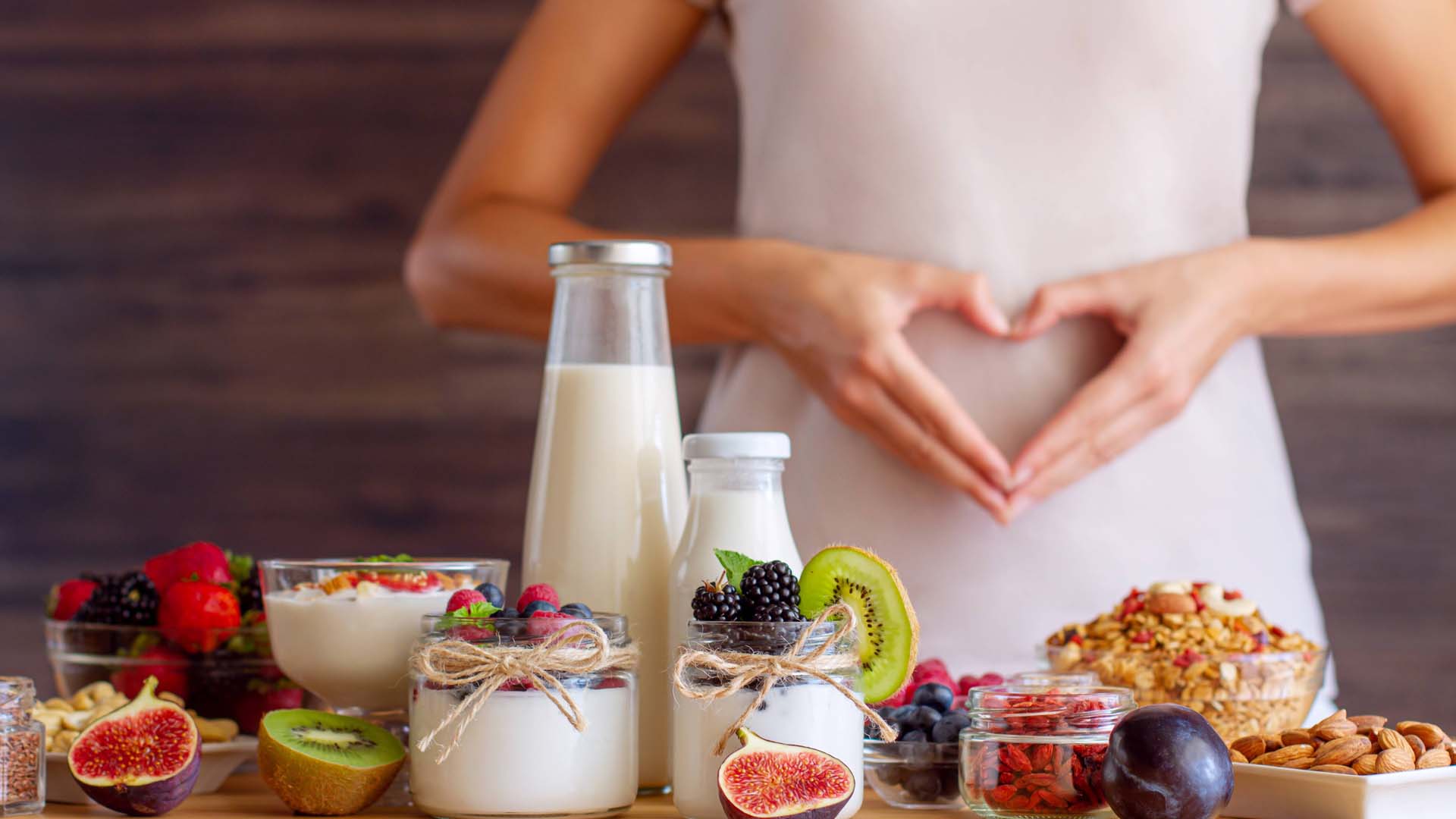
Looking after your gut health could be one of the biggest things that you can do for your overall health. Here are the best foods to keep your gut happy.
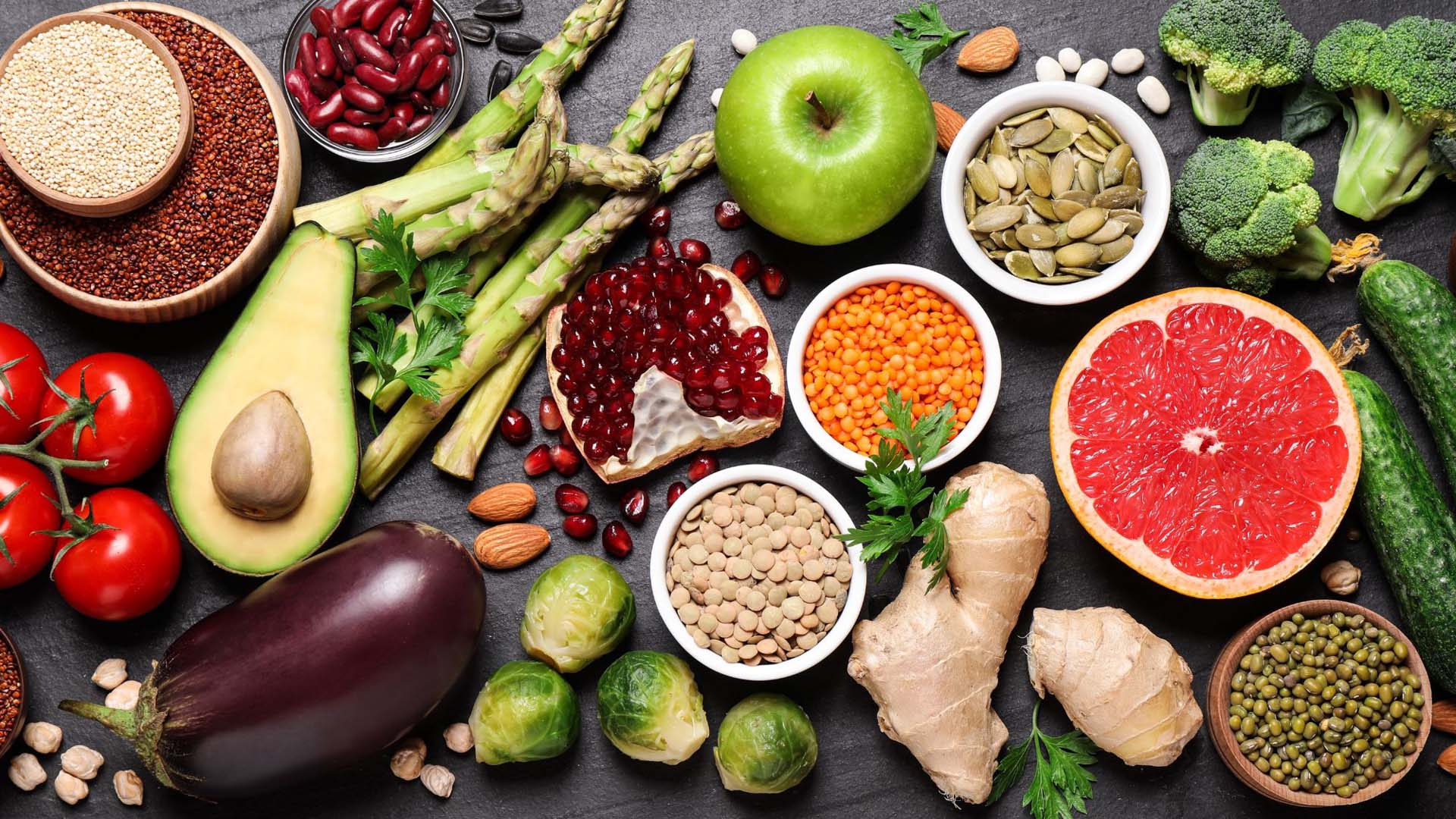
The foods that could help you live longer and protect against chronic illness.


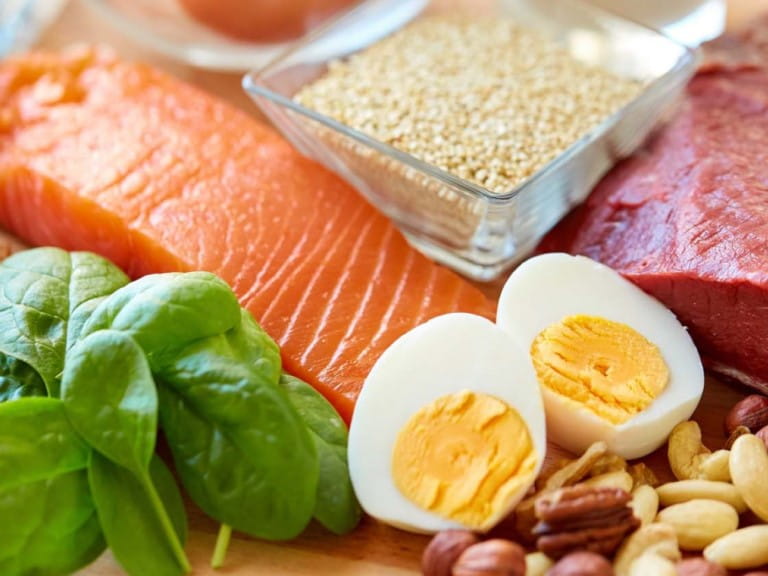
Everything you need to know about protein, from how it benefits your body to the best high-protein foods – and how much you really need.